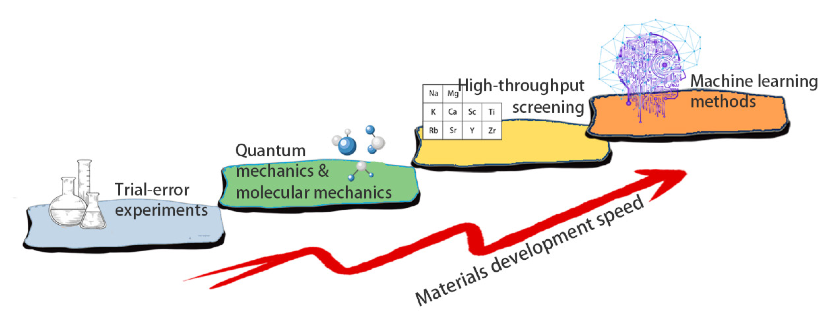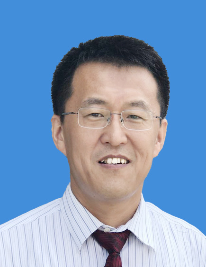Energy Materials Innovation Based on Big Data and Machine Learning
Zhen Zhou
School of Chemical Engineering, Zhengzhou University, Zhengzhou 450001, China
EXTENDED ABSTRACT: As energy crisis and environmental issue become increasingly serious, energy harvesting and storage has been receiving extensive attention. It is highly desired to explore new energy materials efficiently for the rapid development in economy and society. Traditional research methods cannot meet the speed requirement for materials R&D due to the limitation in manpower and resource. One expects to bring revolution to new materials with new research methods. In the past decades, computations and simulations have contributed much to new materials discovery. Recently, artificial intelligence (AI) with the combination of big data and machine learning is active in the field of materials explorations, and has been a powerful tool for new energy R&D. With excellent data processing capability low cost that are very valuable to realize efficient discovery of new energy materials, machine learning has been extensively developed in recent year. In this talk, I would summarize the progress of AI with the combination of big data and machine learning in the field of new energy materials including photocatalysis, electrocatalysis and batteries, and discuss the prospective and challenge in this new research paradigm.

Fig. 1 Development in methods to accelerate new materials discovery
REFERENCES
[1] X. Zhang, Z. H. Zhang, D. H. Wu, X. Zhang, X. D. Zhao and Z. Zhou, Small Methods, 2 (2018) 1700359.
[2] A. Chen, X. Zhang, L. T. Chen, S. Yao and Z. Zhou, J. Phys. Chem. C, 124 (2020) 22471-22478.
[3] A. Chen, X. Zhang and Z. Zhou, InfoMat, 2 (2020) 553.

Zhen Zhou received his BSc (applied chemistry, in 1994) and PhD (inorganic chemistry, in 1999) from Nankai University, China. He joined the faculty at Nankai University as a lecturer in 1999. Two years later, he began to work as a postdoctoral fellow in Nagoya University, Japan. In 2005, he returned to Nankai University as an associate professor and was promoted as a full professor in 2011. In 2020, he was admitted as a Fellow of RSC (FRSC). In 2021, he moved to Zhengzhou University, China as a distinguished professor. His main research interest is new energy materials.